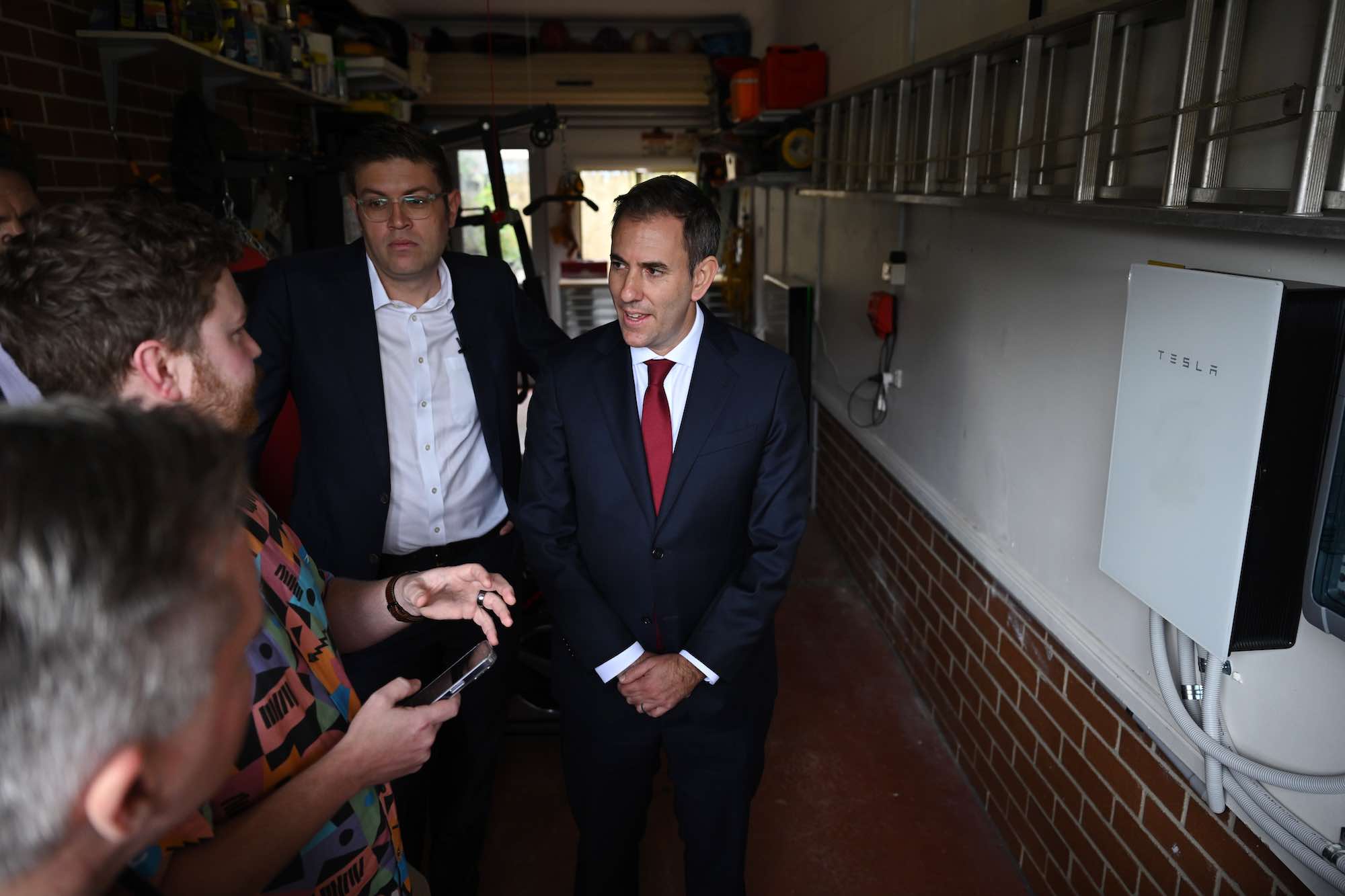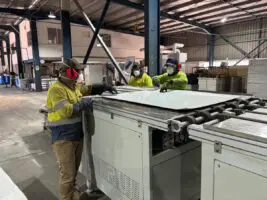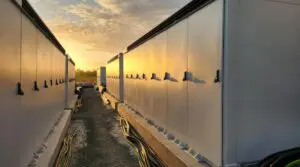Note: This policy has now been announced. See “Huge win:” Federal Labor unveils $2.3bn plan to slash home battery costs by 30 pct
Federal treasurer Jim Chalmers says Labor will unveil its plan to support the uptake of home battery storage “in coming days,” adding weight to pre-election rumours that one of the most hotly anticipated consumer energy policies is about to land.
In a prerecorded video presented at the Clean Energy Investor Forum on Thursday morning, Chalmers said cheaper, cleaner and more reliable energy was central to delivering cost of living relief to Australians and building a stronger, more productive economy.
“Already the increasing unreliability of coal generators is putting upward pressure on [energy] prices, and that was a key factor in the increase in the Australian energy regulators draft default market offer for the coming year.
“That’s why this transformation is so urgent and so important. This is all about easing pressure on prices while grasping the vast industrial and economic benefits on offer,” Chalmers told the conference.
With just over a month to go before voters head to the polls for the 2025 federal election, Chalmers reflected on the progress the Albanese government has made in the transition to renewables over its first term in government.
“Some of the numbers … are pretty staggering: 15 gigawatts (GW) of wind and solar have been hooked up to the grid since we came to office, the equivalent of about three entire Snowy Hydro schemes, and there’s another 20 gigawatts in the pipeline as well.
“Nine billion (dollars) worth of investment poured into large scale renewables in 2024, and last year actually had the most large scale electricity generation to ever come online in Australia in a 12 month period,” he said.
“All of these plus $30 billion of projects that are now proposed are underway in sectors like green hydrogen, critical minerals and clean energy manufacturing as well. This is substantial progress we’ve made together in only three years.”
But of course it’s a cost of living election, so the treasurer duly turned to the subject of energy bills and how Labor is planning to drive them down, including through energy bill relief payments, community batteries, energy efficiency upgrades – and home batteries.
“We’ll have more to say in coming days about our plans to accelerate the uptake of household batteries so even more Australians can benefit from cheaper, cleaner, reliable energy,” Chalmers said.
Both major parties are expected to announce some take on a home battery subsidy or rebate scheme, an almost guaranteed policy slam dunk for whichever party does it first and does it best.
The Australian Greens unveiled their own home battery policy last month, promising households access grants of up to $5,000 – or 50 per cent of the total cost – and low-interest loans of up to $10,000, making a major dent in the average cost of installing behind-the-meter storage of between $9,000 and $17,000.
Experts and industry bodies like the Smart Energy Council (SEC) are hoping to see a policy that extends and expands the existing and hugely successful national rooftop solar subsidy – the Small-scale Renewable Energy Scheme (SRES) – it to include home batteries.
Earlier this week, the SEC’s Wayne Smith told the Solar Insiders Podcast on Renew Economy sister site One Step Off The Grid that the industry group has been involved in “a lot of discussions with a lot of governments over a long period of time,” lobbying for an up front discount on the cost of home batteries.
“We’ve particularly [been] talking to the federal government about this and they’ve been good listeners, I’ve got to say.
“If there is an announcement around a national battery booster program it will be an extraordinarily profound announcement, I would expect – a really significant program,” Smith told Solar Insiders.
“It could be the most significant announcement in decades, really.
This is a big deal, and so industry should see this, if it happens, as a huge win.”







